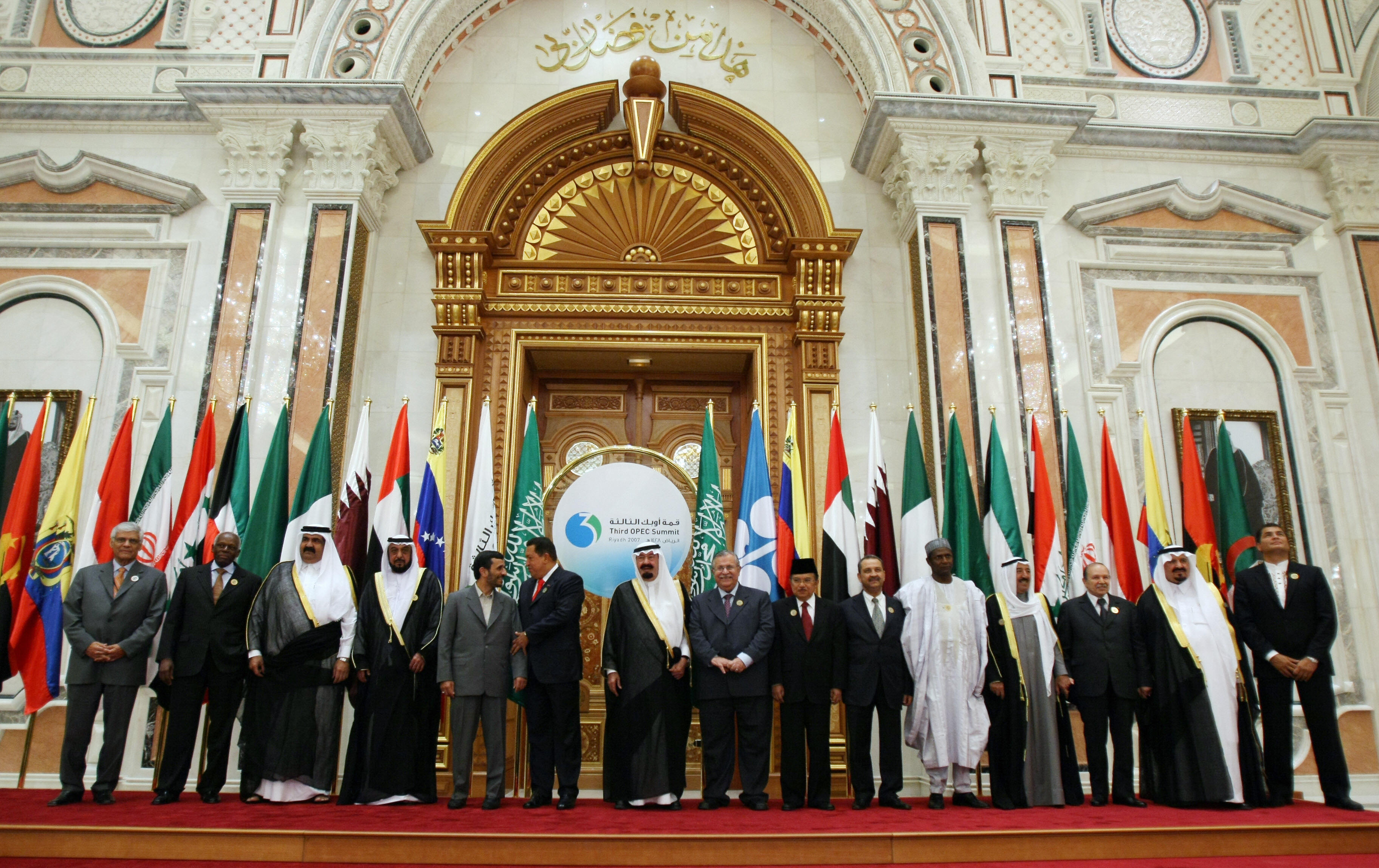
Washington, D.C. – Today, SAFE released its Energy Security Fact Pack for Q3 2015, examining the financial impacts of OPEC’s decision to defend market share despite the global oil supply glut. This quarter’s edition updates fiscal breakeven oil prices for select OPEC member countries and Russia for 2016, which range between the low $60s per barrel to $190. Low oil prices are forcing many oil exporting countries to rethink revenue and spending policies as they tap foreign reserve assets and seek fiscal and political stability.
Libya, plagued with unrest and violence, and Venezuela, suffering under the burden of sprawling social programs, rely on breakeven prices of approximately $180 per barrel—a sizeable increase over 2014 levels. Even less extreme cases, however, such as Saudi Arabia at $100 per barrel and Russia at $75 per barrel, highlight the need to find alternative sources of financing for government programs, or scale said programs back. Saudi Arabia, for example, has used an estimated $85 billion of its foreign reserve assets since 2013, the most of any OPEC country. Venezuela, which has made repeated calls for OPEC to prop up the price of oil to shore up its finances, has spent approximately 80 percent of its foreign reserves.
“When persistently low oil prices force a country to tap into its rainy day fund every day, you know they are facing a serious financial crisis, especially if its breakeven is rising while oil prices are stagnating or falling,” said SAFE CEO Robbie Diamond. “Many of OPEC’s member nations rely on oil revenues to fund defense spending, including unconventional weapons, and to keep restive populations under control. Cutting back will have societal consequences, some of which will undoubtedly inject additional volatility into the global oil market.”
“These conditions, combined with existing widespread geopolitical instability and a lack of investment in new oil exploration and infrastructure, are setting the stage for a future spike in the price of oil, one that could create severe economic consequences for the United States, which depends on petroleum for over a third of its primary energy demand and 92 percent of energy in the transportation sector,” Diamond added.
Notably, the uncertainty surrounding changing trajectories of U.S. and global supplies, China’s economic growth rate, ongoing conflict in the Middle East, and other factors combine to suggest oil price volatility is likely to endure for the foreseeable future.
The Fact Pack also examines domestic trends in oil consumption, where low oil prices continue to spur mobility demand. For example, U.S. vehicle miles traveled (VMT) rose more than 70 billion miles year-over-year through August, the largest increase since 1988. Despite this increase, however, plug-in electric vehicle sales have struggled in 2015, largely due to the availability of cheap gasoline. The number of alternative fueling stations, however, has grown, up 48 percent through Q3 2015 versus 2013. Ninety percent of this growth came from the proliferation of electric vehicle (EV) charging stations.
To download the Q3 2015 Fact Pack in its entirety, please visit www.secureenergy.org.
About Securing America’s Future Energy (SAFE)
Securing America’s Future Energy (SAFE) is a nonpartisan organization that aims to reduce America’s dependence on oil and improve U.S. energy security to bolster national security and strengthen the economy. SAFE advocates for expanded domestic production of U.S. oil and gas resources, continued improvements in fuel efficiency, and in the long-term, breaking oil’s stranglehold on the transportation sector through alternatives like natural gas for heavy-duty trucks and plug-in electric vehicles. In 2006, SAFE joined with General P.X. Kelley (Ret.), 28th Commandant of the U.S. Marine Corps, and Frederick W. Smith, Chairman, President, and CEO of FedEx Corporation, to form the Energy Security Leadership Council (ESLC), a group of business and former military leaders committed to reducing the United States’ dependence on oil.
###
1111 19th Street, NW #406, Washington, DC 20036